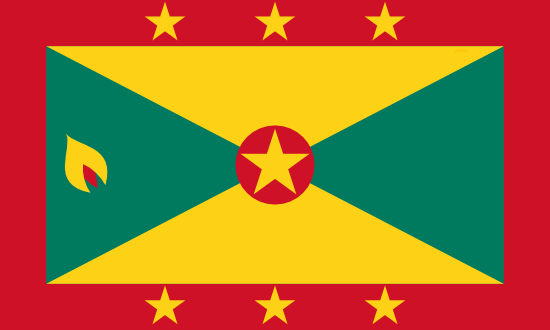
Health Insurance in Grenada, America
Information expatriation
Capital City: St. George's
Total area: 344 km2
Population: 106,000
Money: Currency Converter
Time Zone: List of time zones by country
Calling Code: +1 473 XXX
Practical Information:
Health Product: Travel Insurance and Health insurance
Health Insurance information and Sanitary Risk: World Health Map
BLOG: Expat Health insurance Information
Here is a brief description of the healthcare system in the country:
· Grenada has a mixed public-private healthcare system funded through general taxation, national insurance, and private insurance/out-of-pocket payments.
· The public system is managed by the Ministry of Health and provides free primary care through health centers on each island. It focuses on preventative care.
· Residents and citizens must enroll in the National Insurance Scheme (NIS) which provides some subsidy for hospitalization costs at public facilities.
· However, hospital resources are limited so many Grenadians rely on private doctors and hospitals for secondary/tertiary care.
· There is only one main public hospital located in St. George's along with some smaller region hospitals and health centers.
· Most Grenadians have supplementary private health insurance to cover costs not paid by NIS at private providers.
· Healthcare quality and access can vary depending on location. Rural and outer island communities sometimes lack adequate availability.
· Healthcare spending is around 6.5% of GDP which is considered adequate but challenges around recruitment, infrastructure and universal coverage remain.
· Life expectancy is around 74 years but rates of non-communicable diseases like diabetes are high.
Here are some key health considerations for expatriates living in the country:
· Purchase comprehensive private international medical insurance before arriving. The public system has major capacity limitations.
· Most expats use private practices and the private St. George's General Hospital for medical care rather than public facilities.
· Check if your insurance provides coverage on all islands, as facilities are most developed in St. George's area on the main island.
· Ensure your insurance has adequate coverage for medical evacuation if needed, as serious cases may need to be flown to neighboring islands or the US.
· Consider supplementary travel health insurance that covers medication, repatriation of remains if primary doesn't offer full services.
· Get familiar with locations of the main private practices, pharmacy and hospital in your city/town.
· Learn some basic medical vocabulary in English and French Creole, as these are commonly used alongside English.
· Take precautions against mosquito/insect bites to prevent tropical illnesses, as some may not be treatable locally.
· Have a primary care doctor you regularly see for checkups and management of any existing conditions.
